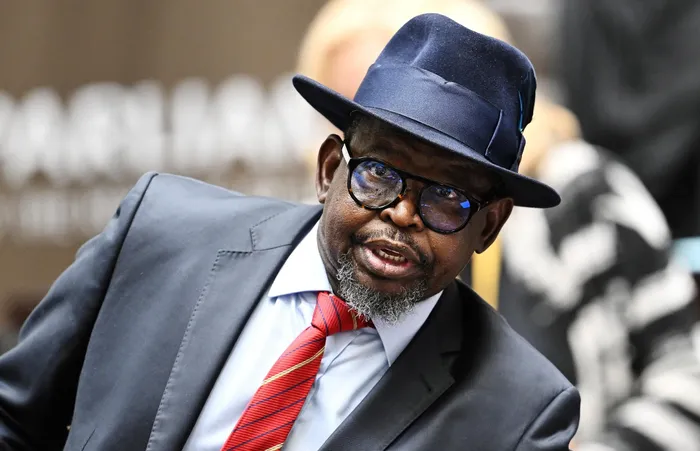
Finance Minister Enoch Godongwana firmly opposes the South African Reserve Bank's proposed inflation target, asserting that any changes must follow established protocols
Image: GCIS
Finance Minister Enoch Godongwana has publicly pushed back against the South African Reserve Bank's warning that the central bank cannot independently decide to lower the country’s inflation target.
This comes after SARB Governor Lesetja Kganyago said last week that the Monetary Policy Committee would now use 3%, the bottom of the 3% to 6% target range, as the anchor for its forecasts. Markets took that as a signal that Treasury would soon follow suit. Godongwana, however, has made it crystal clear that this is not happening.
“It is well established that policy-making responsibility in this area resides with the Minister of Finance, working with the President and Cabinet,” he said.
“Any adjustments to our inflation-targeting framework will follow the established consultation process… not unilateral announcements that pre-empt legitimate policy deliberation.”
He added, in a statement, that he has “no plans” to announce a move to a 3% target in October’s Medium-Term Budget Policy Statement.
The clash between National Treasury and SARB has already drawn scrutiny from ratings agency S&P, which flagged the risk of policy misalignment.
S&P noted, as reported elsewhere, that National Treasury’s fiscal plans are based on inflation stabilising at 4.5%, while SARB is now operating as if 3% is the goal.
That split, the agency warned, could make it harder for the government to achieve a primary budget surplus – where revenue exceeds non-debt spending – and might raise the risk of overspending, revenue miscalculations, and inflation expectations drifting off course.
Kganyago, meanwhile, has argued that lower inflation is the key to sustainable growth and cheaper borrowing costs.
“For policy, as we showed last time, lower inflation allows for lower interest rates,” he said. “For a 4.5% objective, rates bottom out around 7%. By contrast, the forecast for a 3% objective has roughly five more cuts, over the medium term, taking interest rates slightly below 6%,” he said in the most recent statement on interest rates.
While he conceded there would be “a modest growth sacrifice,” Kganyago insisted that locking in low inflation now would benefit the economy in the long run.
FAST COMPANY
Related Topics:
